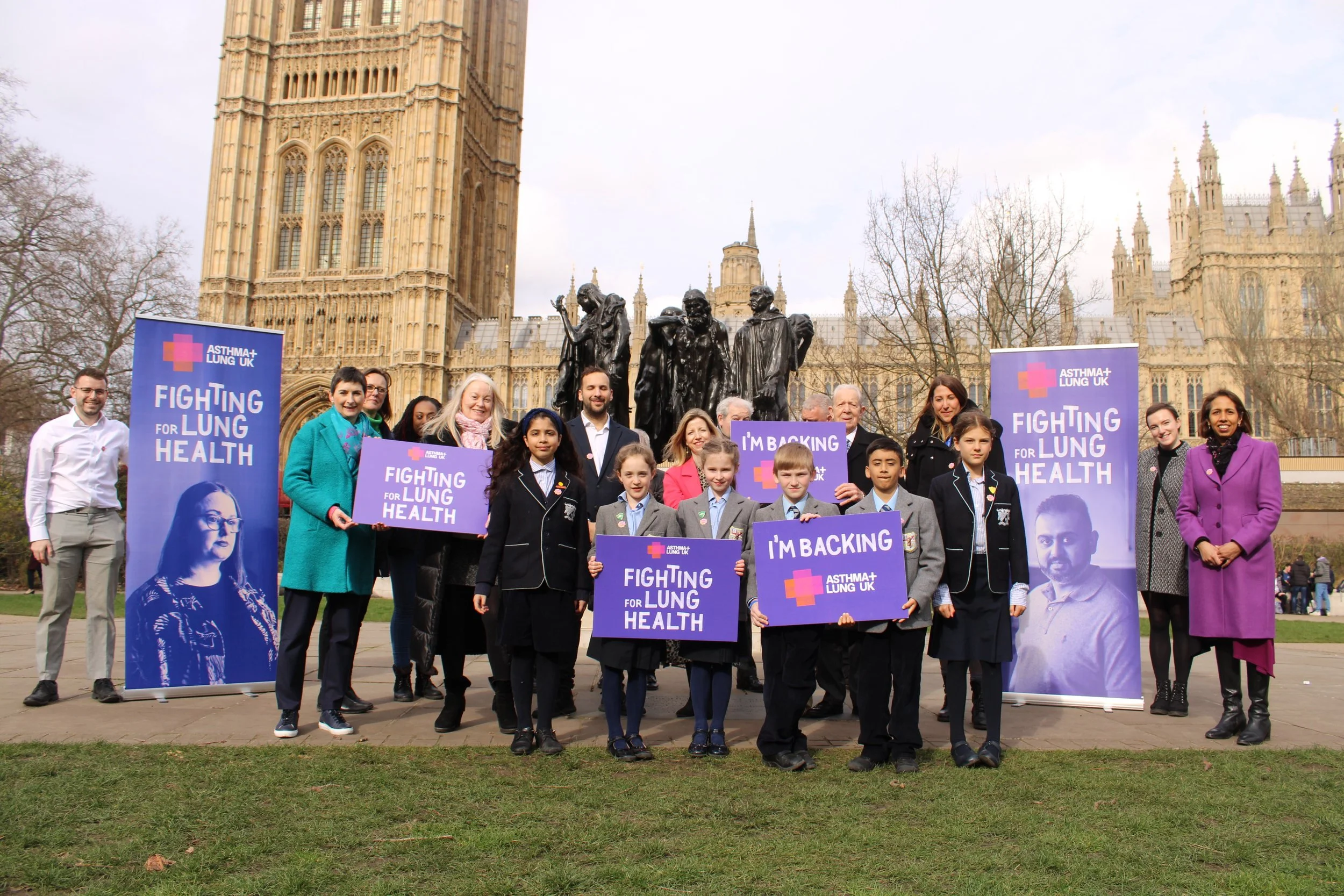Clean air zones: making sure no one is left behind
Road traffic is one of the leading sources of air pollution in the UK’s towns and cities, and urgent action is needed to clean up the way we travel. However, some communities are disproportionately affected by toxic air and are being excluded from policies designed to tack air pollution. Chloe from our policy team talks us through our new work with IPPR and Transport for All showing how clean air zone policies can be implemented to ensure no one is left behind.
A public health emergency
Toxic air is a health emergency. In the UK alone, air pollution causes up to 43,000 premature deaths yearly, and exposure to toxic air can worsen lung and heart conditions. Ongoing research shows that poor quality air is also connected to various other serious and potentially life-long health problems. Research has also shown that air pollution can reach babies in the womb, and can stunt the growth of children’s lungs, which could affect their health for life.
A disproportionate crisis
People living on low incomes, people from some ethnic minority backgrounds, and disabled people suffer a disproportionate impact of growing up, living, working, and aging in areas with poor air quality. This is because of the increased risk of exposure to air pollution for people living on main roads in urban areas, and the effects of our streets not currently designed to be inclusive for all users.
In a joint briefing co-written by Asthma + Lung UK, the Institute for Public Policy Research (IPPR) and Transport for All, we set out why we believe that clean air zone policies are needed, and how to implement them to ensure no one is left behind. Decision makers need to include the communities who will be impacted by their policies designed to tackle air pollution, and ensure support for local people is adequate, inclusive, and accessible.
Preventing the deepening of existing inequalities
When setting up clean air zones (CAZs), decision makers should pair them with scrappage schemes to prevent existing inequalities from growing. These schemes should aim to decrease car use by offering financial support to help people get into a cleaner form of transport like public transport or cycling. People who need private cars should be given help to access electric vehicles and charging points.
Empowering communities
Progress on introducing new policies to reduce air pollution has stalled at a national, regional and local level. Central and local government must work together and stop using air quality as a political football, and urgently prioritise tackling our toxic air to protect everyone’s health. It's vital to include everyone who will be affected by a CAZ in policy development. CAZ planning needs to consider the impact on disabled people with careful planning to ensure consultations are fully accessible. This inclusive approach empowers communities and promotes positive attitudes towards policies that clean the air we breathe.
Read the full briefing Implementing accessible and inclusive clean air zones. The briefing is also available in Word format for easier use with e-readers.
We empower people with lung conditions to make changes that can be transformative.
Please donate now to help make sure people with lung conditions can live well this year.








